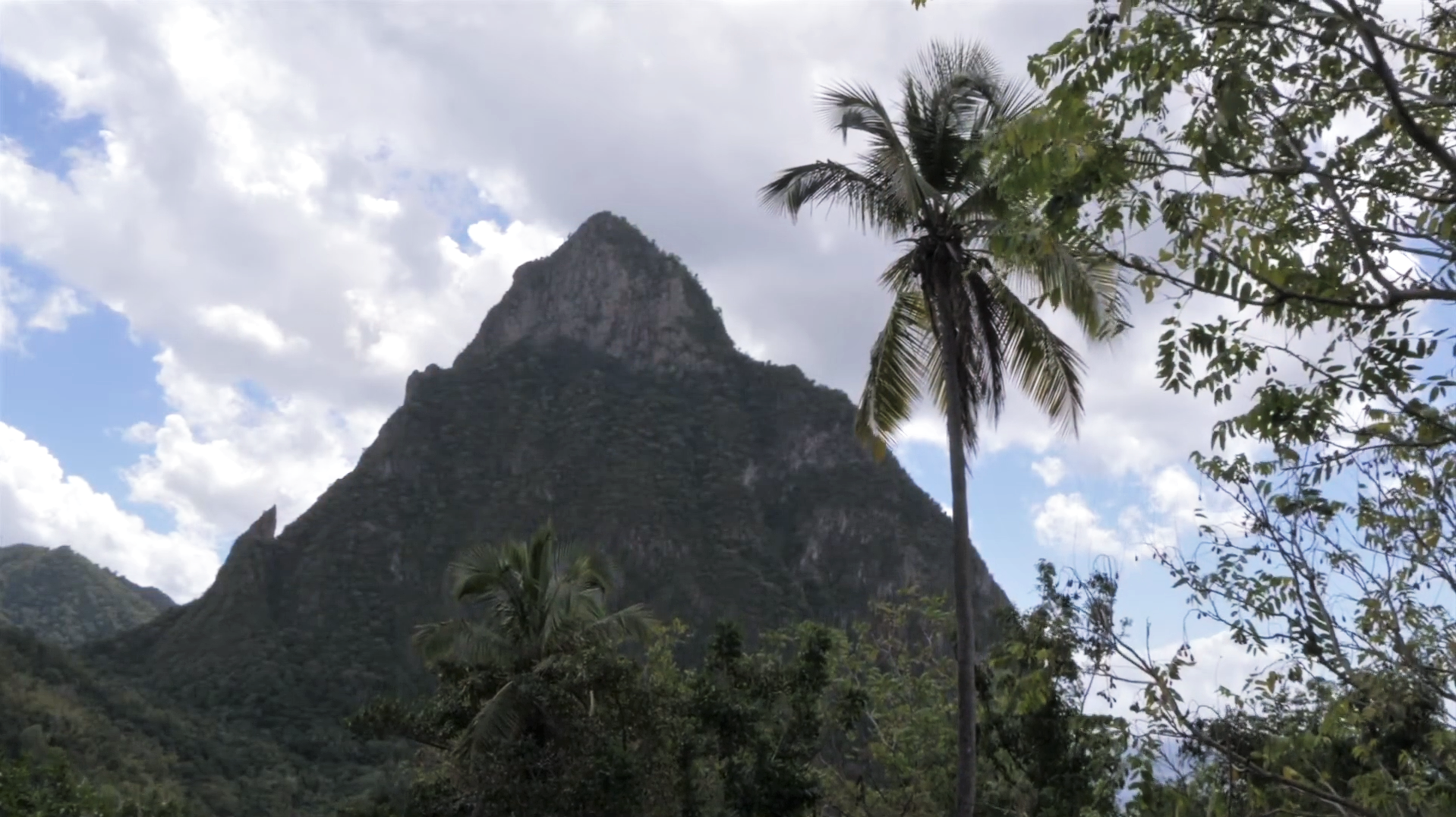It is an unfortunate coincidence that the very conditions that make the Caribbean so pleasant – such as its hot, humid climate, shifting breezes, and warm waters – also make it one of the most disaster-prone regions in the world. It is frequently battered by storms and hurricanes. Recent hurricanes such as Maria, Irma, and Dorian left a trail of damages, including the destruction of homes and livelihoods and resulting in higher public debt burdens.
The scientific consensus points to an above-average Caribbean hurricane season for 2020. Together with the ongoing COVID-19 crisis, which has overloaded emergency systems and added additional response measures, the region faces one of its biggest challenges in recent history.
Caribbean countries will eventually shift toward sustainable recovery measures. In the meantime, however, governments are looking for viable ways to respond more quickly and resiliently to potential disasters without incurring additional debt.

Fortunately, several financial protection solutions are available to help governments increase their financial response capacity to meet post-disaster funding needs without compromising fiscal balances and development objectives. The Caribbean Catastrophe Risk Insurance Facility Segregated Portfolio Company (CCRIF SPC) is one a suite of financial protection solutions that offers immediate liquidity through a range of affordable and innovative insurance products.
Created in 2007, CCRIF SPC is the first ever multi-country risk pool in the world. It builds on regional coordination to improve access to disaster risk financing instruments and foster political dialogue on disaster risk management. The Facility provides its 22 member states with essential financial protection following climate and disaster shocks by quickly providing short-term liquidity to enhance recovery. It offers parametric insurance coverage for tropical cyclones, excess rainfall and earthquakes, as well as insurance products in the fisheries sector. To date, it has already carried out 41 payouts for a total of US$ 152 million.
On June 2nd, CCRIF SPC announced the renewal of parametric insurance coverage by its member states ahead of the 2020 hurricane season. This includes a 26% reduction in premiums for member countries, made possible by a €10 million (US$11 million) grant to CCRIF SPC from the European Union (EU). This funding was channeled through the EU's Regional Resilience Building Facility, which is managed by the Global Facility for Disaster Reduction and Recovery (GFDRR) and the World Bank.
“The EU is strongly committed to stand together with its partners affected by disasters in the Caribbean, providing emergency support and participating in the social and economic recovery process.” - Daniela Tramacere, EU Ambassador to Barbados, the Eastern Caribbean States, OECS and CARICOM/CARIFORUM
This renewal demonstrates the determination of countries in the Caribbean region to tackle disasters from natural hazards while managing the COVID-19 crisis, whose global economic repercussions are stretching scarce financial resources even thinner. It also underscores the value of disaster risk financing options to help countries cope with financial strain and to close the financial protection gap in times of unprecedented crises.
The additional coverage, made possible through a partnership between several international partners, including CCRIF SPC, the EU, GFDRR, and the World Bank, underlines the need to emphasize and enhance regional cooperation, which is crucial to foster a complementary response to tackle climate and economic shocks. Regional financial protection mechanisms provide an essential security blanket, helping to secure access to financing in advance of disasters. This strategy also helps protect the fiscal balance and budget when disasters strike.
“CCRIF SPC is about supporting governments to help their populations – communities, businesses and key sectors such as education, agriculture, and tourism. An assessment of the beneficiaries of CCRIF’s payouts show that over 2.5 million people in the Caribbean and Central America have benefitted directly and/or indirectly from these payouts after a natural disaster.” – Isaac Anthony, CEO of CCRIF SPC
Caribbean countries have taken a bold step in acquiring the needed financial protection to ensure they can execute the fundamental duty to protect their citizens and enable them to recover from shocks.
CCRIF currently has 22 members: 19 Caribbean governments – Anguilla, Antigua & Barbuda, Bahamas, Barbados, Belize, Bermuda, British Virgin Islands, Cayman Islands, Dominica, Grenada, Haiti, Jamaica, Montserrat, St. Kitts & Nevis, Saint Lucia, Sint Maarten, St. Vincent & the Grenadines, Trinidad & Tobago, Turks & Caicos Islands as well as 3 Central American governments – Guatemala, Nicaragua, and Panama.
The Caribbean Regional Resilience Building Facility, launched in 2019, is a partnership between the EU, the World Bank Group and GFDRR, set up in the aftermath of 2017 hurricanes Irma and Maria. The objective of the Facility is to enhance long term resilience and adaptation capacity in the Caribbean region to the benefit of the most vulnerable. It is funded by the EU and is implemented by GFDRR and the World Bank. More information can be found at https://www.gfdrr.org/en/caribbean-rrb.
